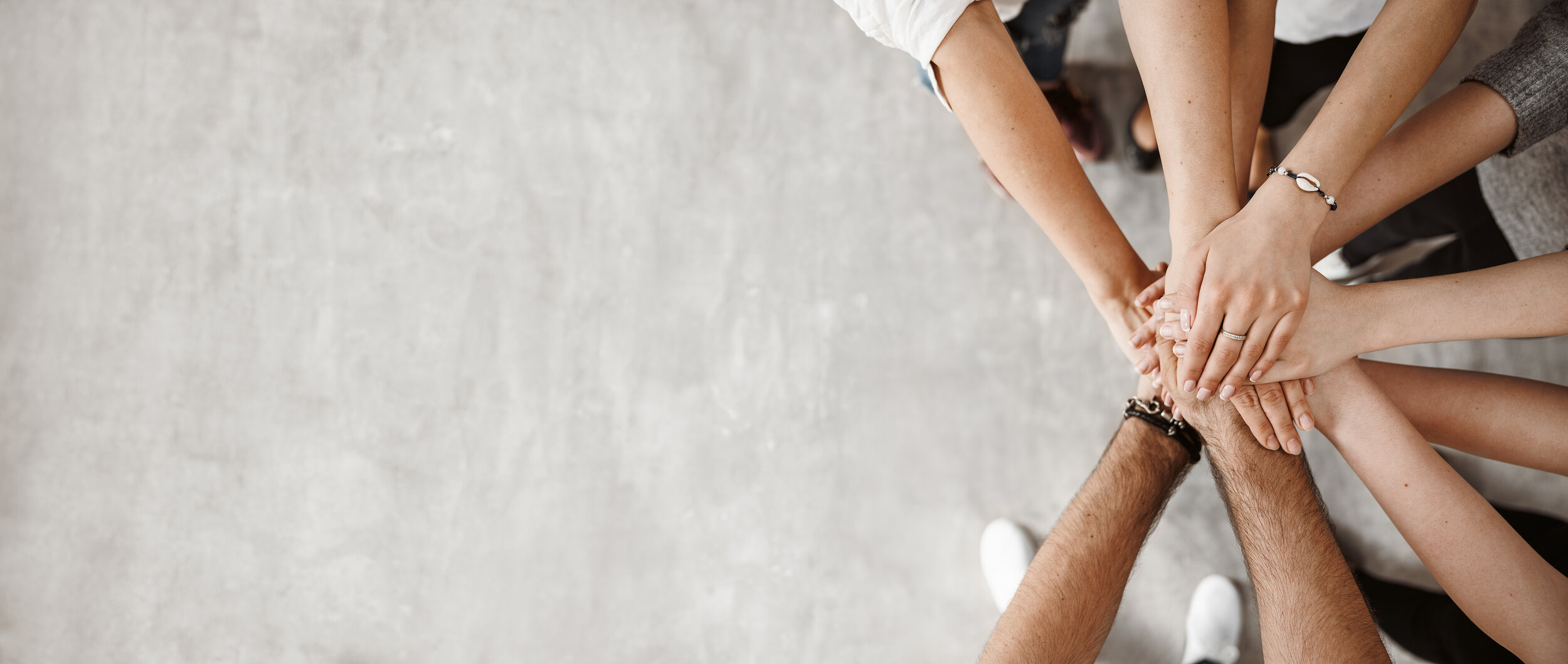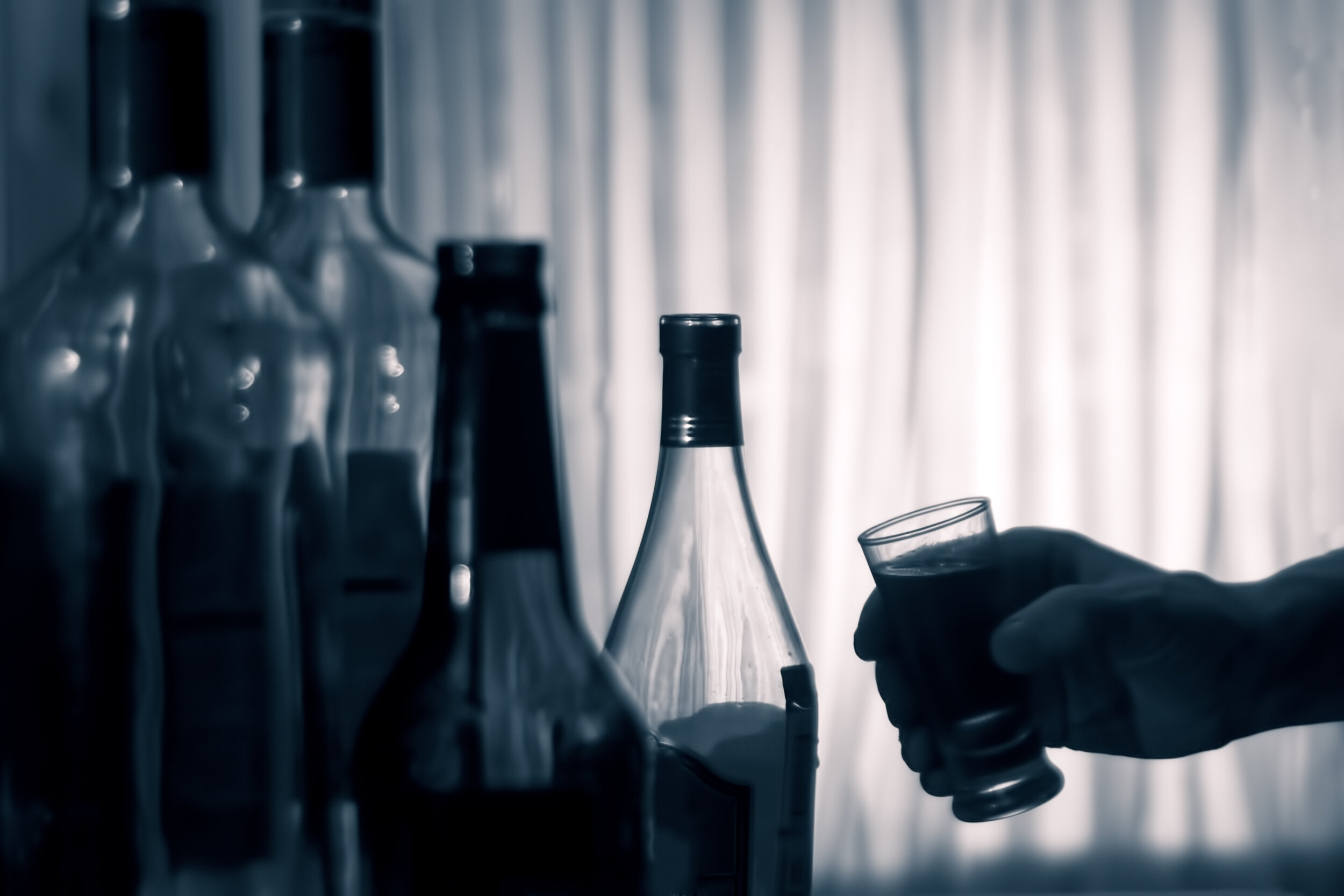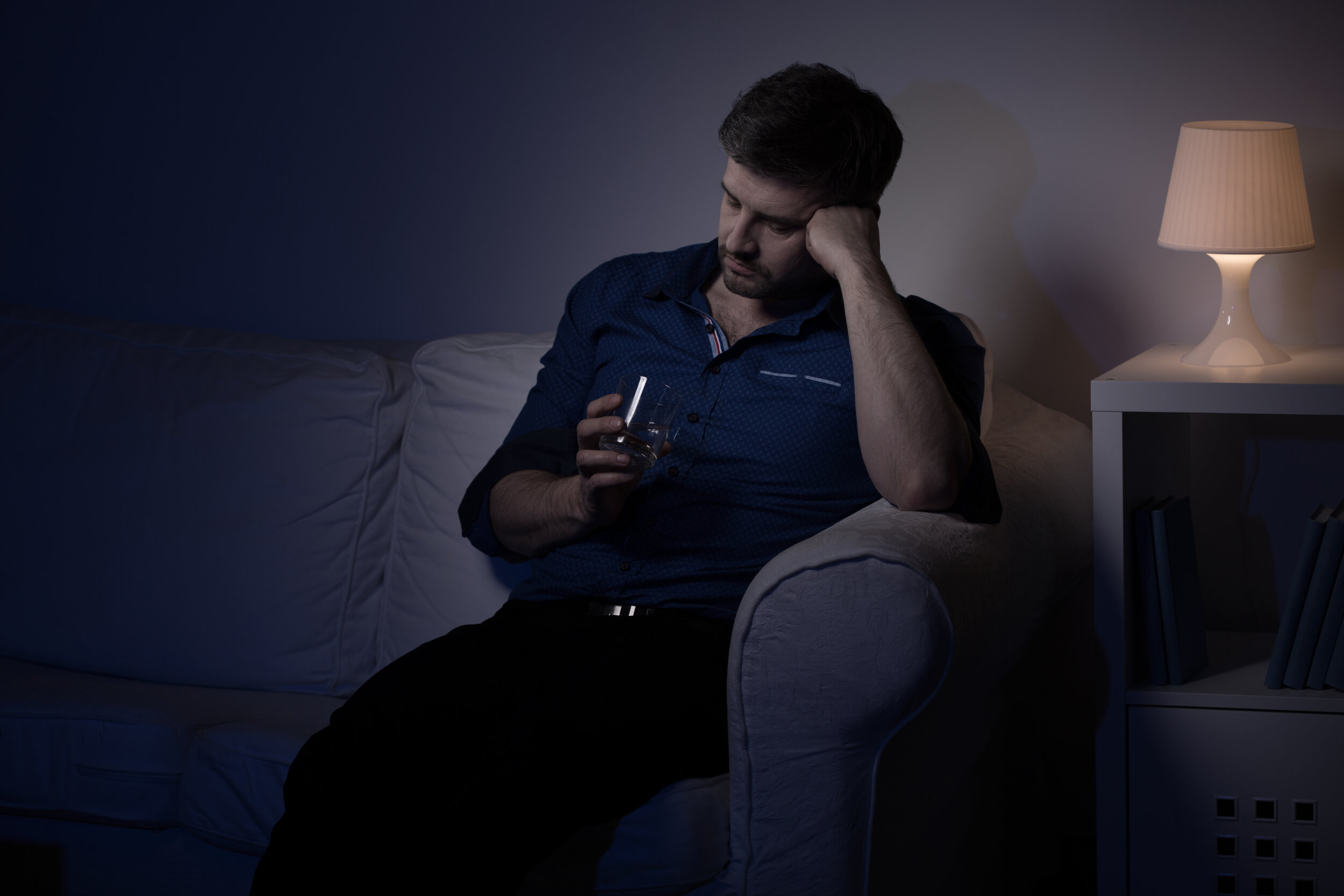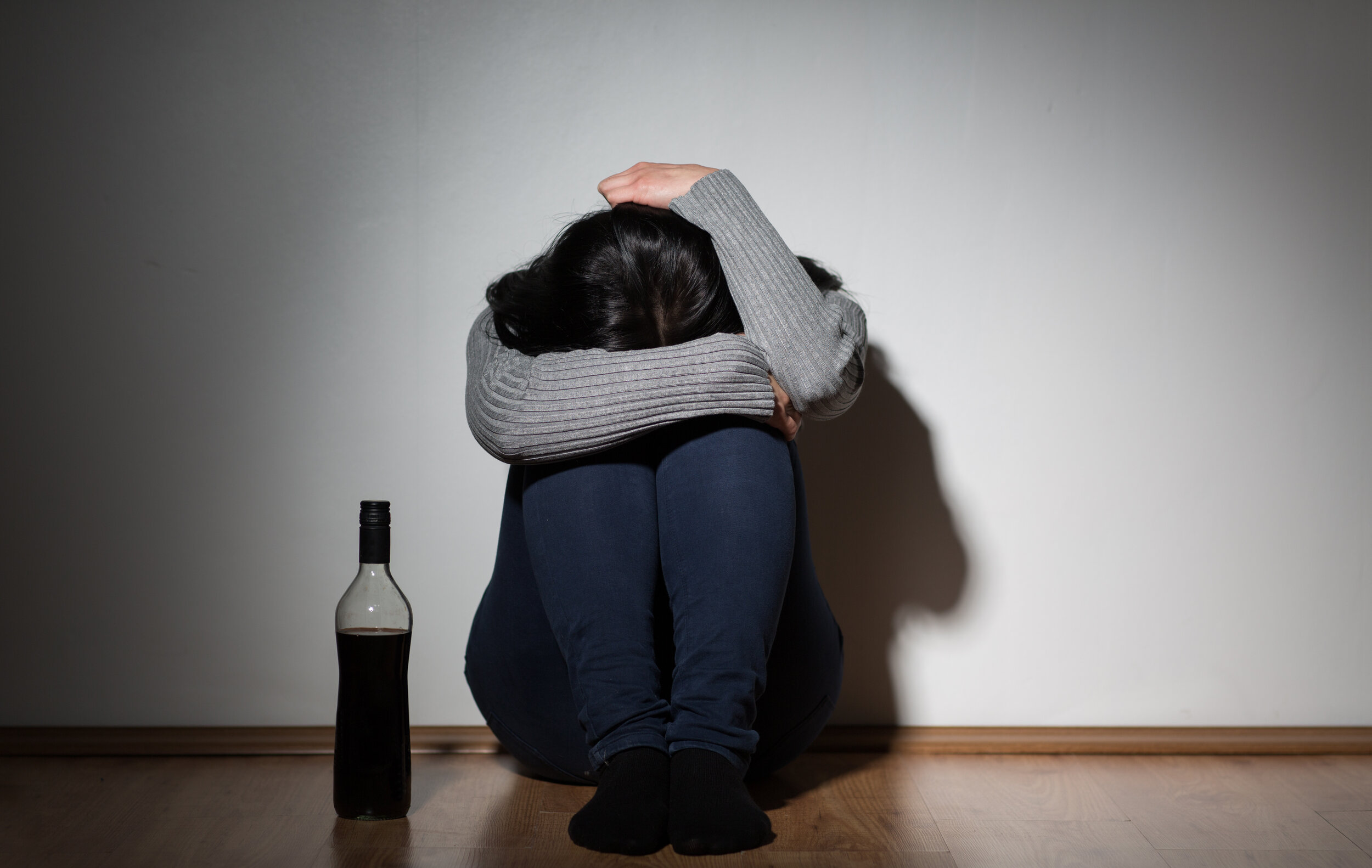
A guide for new members
Welcome to our group | How meetings work | What else to do | More resources

Welcome to our group
soberwithoutgod is a 12-step alcohol recovery group for atheists and rationalists. Our meetings are affiliated with Alcoholics Anonymous but use alternative, non-religious, texts.
We are a community of fellow-sufferers that strive to help each other meet our common goal - sobriety. We differ from many other recovery groups in that we do this without reference to, or reliance upon, God or any supernatural higher power.
As a group we do not endorse or oppose any form of religion, atheism or agnosticism. We simply provide a secular environment in which to share our alcohol-related experiences and learn from one another.
We meet online every Monday (at 8 - 9pm UK) in a private Zoom session to discuss alcohol-related problems within a safe space. Many of the group follow the non-religious 12-step recovery program described in the book “Staying Sober without God” by Jeffrey Munn, but it’s not a requirement to do so. Our focus is firmly on recovery from alcohol addiction.
We also have a more informal ‘Fireside Chat’ meeting on Thursdays, 8pm UK time. This is a chance for people to talk about how things are going, ask questions and support each other. There are no readings, invited speakers - just a facilitator to ensure that everybody has a chance to speak.
Group membership conditions
a desire to stop drinking
a respect for the secular nature of our meetings
that’s it!
The group was started by two existential atheists in recovery who wanted a non-religious alternative to the many traditional AA groups in their local area. We hope that athiests, rationalists, agnostics, sceptics and nonbelievers of all kinds will find our group a safe and comfortable place to discuss recovery from alcoholism.

How do our meetings work?
What (and who) are meetings for?
The purpose of our meetings is to get together with fellow sufferers in order to offer each other mutual support and to share our experiences, thoughts and advice about recovery. Meetings are open to anybody who has a desire to stop drinking, but as our particular group’s meetings are secular (i.e. non-religious) we do also ask that people refrain from talking in terms that reference any religions or religious figures.
What are the ‘rules’?
To be honest, ‘rules’ is possibly too strong a word - it’s more of a shared meeting etiquette. The main points are:
Meetings are always conducted anonymously - most people just use their first name (or even a pseudonym) and everybody must agree not to discuss what they see / hear in meetings with others outside of the meeting. This helps make it a safe place for us all to talk openly. (By the way, if you ever hear somebody refer to ‘the Yellow Card’ this is a reference to the traditional AA pledge of anonymity.)
Our discussions are all about helping each other with alcohol and recovery, so we stick to things related to that.
People speak one at a time. The meeting secretary / technical assistant nominates the first person to speak. When that person finishes speaking, they pick a name to speak next and so on until everybody who wants to share has had a chance. Nobody has to speak unless they want to - you can just listen to others if you prefer. If somebody picks your name just say ‘pass’ and nominate another person.
We know that people can have different opinions, but we ask that you listen to others without judgement and listen out for the similarities rather than the differences.

What, exactly, happens at a meeting?
Our soberwithoutgod meetings are what’s known as ‘Step Meetings’ in traditional AA-speak . (AA has other types of meeting which we won’t discuss here to avoid any confusion. Remember, if you don’t get on with the Step Meeting style, it’s likely that there’s another meeting format out there that will be more your sort of thing).
MEETING AGENDA
Introduction and welcome by the meeting secretary
We start with a short pause for thought (typically a minute or so) to quietly think about other alcoholics both in and beyond this meeting. Then the secretary will invite anybody new to say ‘Hi’ if they want to.
Then there are three very short guidance readings to set the direction (read out by the secretary and any others volunteering):
Our group’s mission statement
The AA preamble statement
The Twelve Practical Steps that we use, taken from the book ‘Staying Sober without God’
(This usually takes 3-4 minutes)
Summary of today’s topic (the theme of the meeting).
This is usually the form of details of one of the Twelve Practical Steps, read to the meeting from ‘Staying Sober without God’. Typically, this takes less than 5 minutes. The theme changes week-to-week as we work our way through the book.
Group Discussion (Also known as Sharing)
This is the main part of the meeting in which members of the group are free to share any thoughts, personal experiences or advice around today’s step, or any other alcohol related subject.
The secretary sets the ball rolling by nominating a person to speak first. When that person finishes speaking, they pick a name to speak next and so on until everybody who wants to share has had a chance. If people don’t want to speak, they can simply pass.
It’s a tradition in AA that a person introduces themselves when they begin speaking. Generally this is done with words along the lines of ‘Hello. My name is X and I’m an alcoholic’ (you’ve probably seen this done in movies or TV programmes that depict an AA meeting) - it’s not obligatory, but many people do this. Maybe it’s because they secretly want to be famous actors… but more likely it’s because it can be nice to know the name of the person who’s speaking.
If there are a lot of raised hands, the secretary may ask that people keep their sharing short enough to allow everybody a turn, but normally people speak for as long as they need.
The secretary will close the Discussion (Sharing) a few minutes before the meeting closes. This is usually after about 40 - 45 minutes of sharing.
Announcements and other AA business
If anybody would like to briefly make an AA related announcement e.g. details of a new or changed meeting, publication etc. the secretary will invite them to speak.
If participants would like to make a small contribution to the running costs of the meeting (to go towards zoom / website / email costs) a link to the donation page will be available at this time. It’s certainly not necessary to make a donation if you would prefer not to - donations are also anonymous. Any donated money in excess of running costs is donated to AA centrally. (If you hear somebody refer to ‘tradition 7’, they are actually referring to the item 7 of the AA Traditions statement which requires meetings being self-funding).
Closing
The secretary closes the meeting by reminding everyone of the anonymous nature of the meeting and reading the single-sentence AA pledge.

A brief guide to 12-step recovery
Joining a 12-step support group can be a bit overwhelming at first - everything is new and there’s a lot to take in. All while you are coming to terms with being sober. So, here’s a simple overview of what’s on offer.
MEETINGS
Support group meetings are a key part of recovery. Regularly attending meetings helps keep you focussed on recovery and connected with like-minded people - you’ll find plenty of people there that you can call for help when you’re struggling to keep sober. Try listening to others - they’ve been through (or are going through) a similar battle with alcohol and things hey’ve learned or tried may help you. Most people find that regular contact with people who understand makes recovery easier.
You can attend as many meetings as you want - there are hundreds of secular online meetings, (and thousands of traditional AA meetings to go to if the god thing doesn’t bother you too much.)
It’s usually a good idea to pick one group as your home-group and try to attend all of their meetings. It’s good to try other groups to get different views and perspectives but having a home group means you will get to know people who can help you a bit better.
DOING THE 12 STEPS
The 12-steps program has worked for many, alcoholics over the years. It consists of 12 stages to guide you through the process of understanding and changing the behaviours and thinking that contributed to your addiction. You don’t have to do the steps to be in AA, but most people find that they are a good foundation to build your recovery on. Some people complete the steps quickly, others may take years - it doesn’t matter. The 12 steps our group follows are listed on the next page - they are an updated, secular version of the traditional AA 12-steps. If you find that they are not quite right for you, there are many alternative versions you can try instead (see the AAAgnostica website for a good selection).
THE PRACTICAL STEPS
Admitted we were caught in a self-destructive cycle and currently lacked the tools to stop it
Trusted that a healthy lifestyle was attainable through social support and consistent self-improvement
Committed to a lifestyle of recovery, focusing only on what we could control
Made a comprehensive list of our resentments, fears, and harmful actions
Shared our lists with a trustworthy person
Made a list of our unhealthy character traits
Began cultivating healthy character traits through consistent positive behaviour
Determined the best way to make amends to those we had harmed
Made direct amends to such people wherever possible, except when to do so would cause harm
Practiced daily self-reflection and continued making amends whenever necessary
We started meditating
Sought to retain our newfound recovery lifestyle by teaching it to those willing to learn and by surrounding ourselves with healthy people
(from ‘Staying Sober without God, Jeffrey Munn, Amazon Publishing, 2019)

More resources
We’ve selected a few items here that have been helpful to new members or those not sure whether they should join an AA recovery group.
Things to read
Staying Sober Without God , Jeffrey Munn, Amazon Press
This book, written by a practising psychotherapist/recovering alcoholic, takes you through a non-religious alternative to AA’s traditional 12-step programme. We use this book as a source of material for discussion in our meetings It is not necessary to follow program or purchase the book, although many members have found it helpful. It is available in both print and kindle form from Amazon:
Staying Sober Without God - The Workbook
This is a workbook for people working their way through the 12 steps, with guidance and exercises to do along the way. Available from Amazon.
Is AA for you?
A (sort-of) AA version of the quizzes you might see in popular magazines, but instead of ‘Answer these 10 questions to find out if you are a domestic Goddess’ it’s more about whether you might have a problem with alcohol.
Who Me?
A more in-depth quizz about your relationship with alcohol.
The God Word
A booklet about being a non-believer in AA, written by members of the Islington Atheists and Agnostics AA group. Lots of helpful links to reading material are included.
Sites to surf
An extensive secular recovery site wth a huge amount of information, links, reviews and more. The literature section is especially impressive with reviews and comments on a wide range of secular recovery books.
An active podcast and website for Agnostics, Atheists and Freethinkers in AA. The regular podcasts cover all aspects of secular recovery and the website has many interesting thought pieces, reviews, life stories, links and more.
Not a secular site, but contains plenty of useful information and a meeting finder (for online meetings, remember to enter ‘online’ as the search town or postcode).
Meetings without God
Stonehenge AA Freethinkers
Another online secular meeting that, like our group, uses the book ‘Staying Sober Without God”.
Wednesdays, 18:00 UK,
The spreadsheet of secular online AA meetings
Maintained by the OMAGOD.org secular group in Florida, this list contains links to hundreds of god-free meetings around the world.